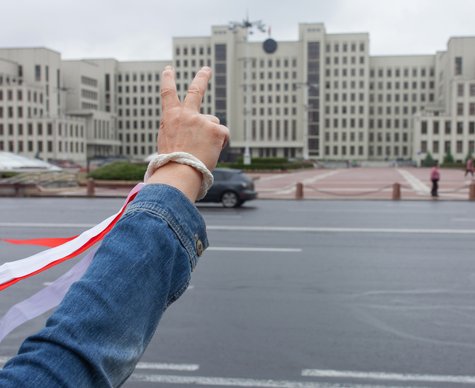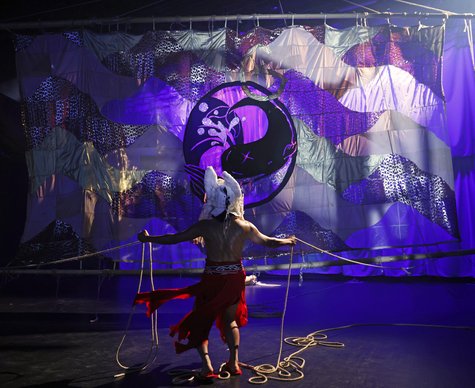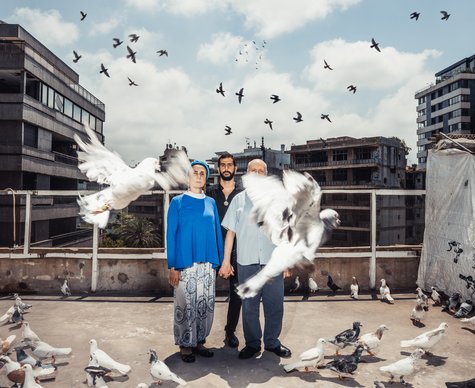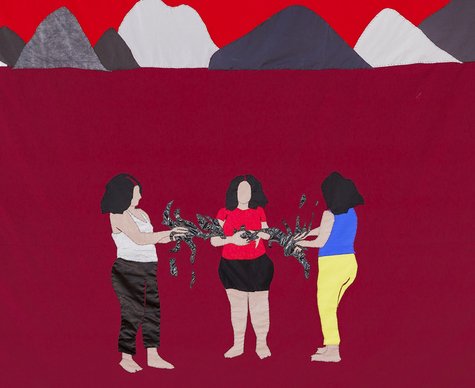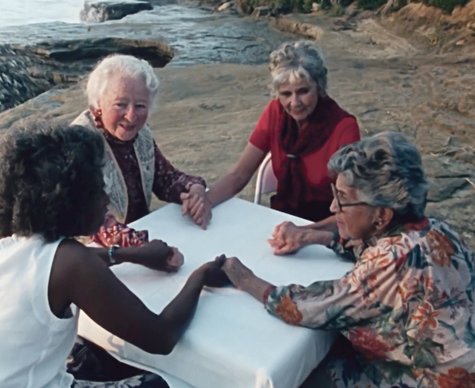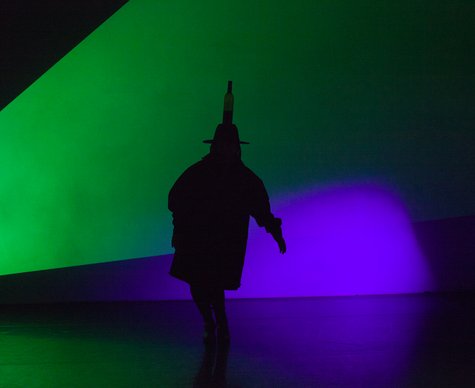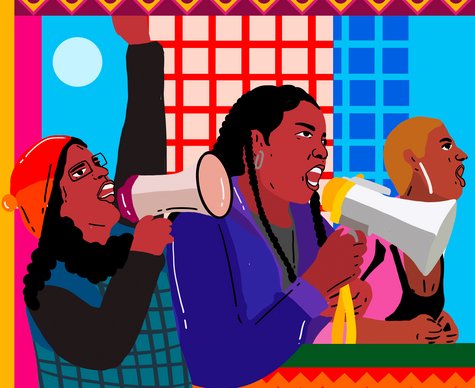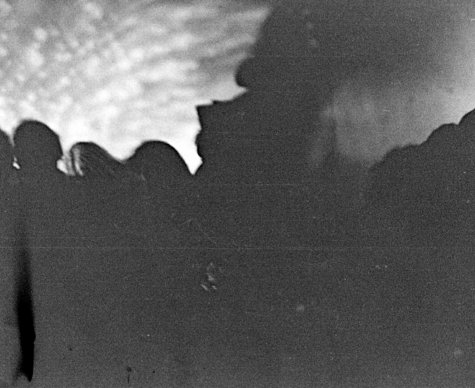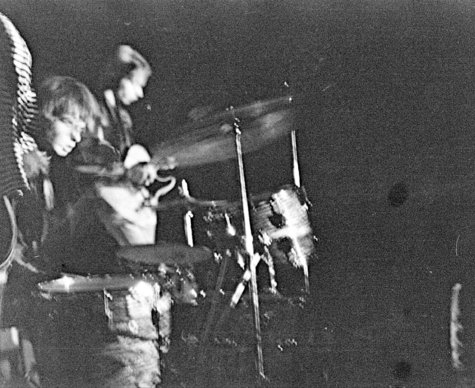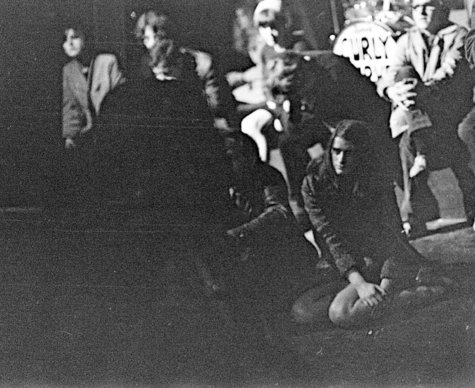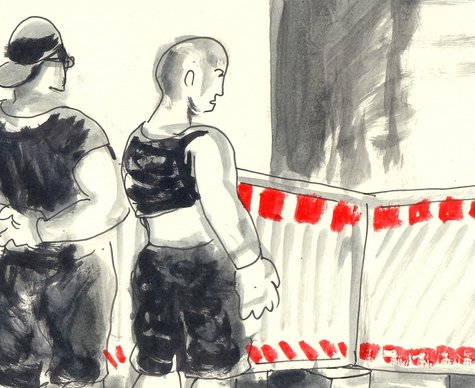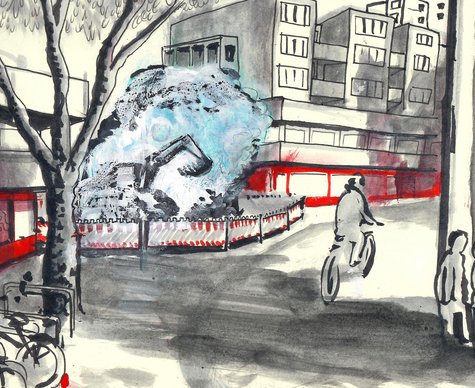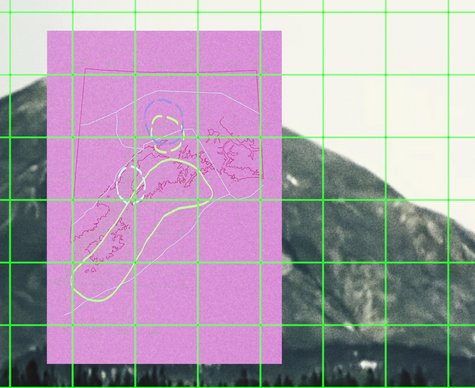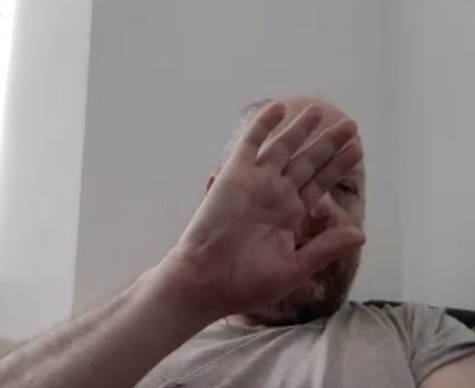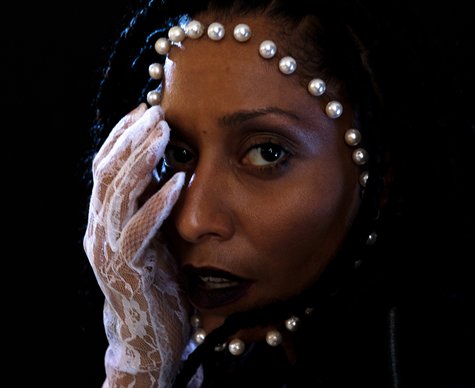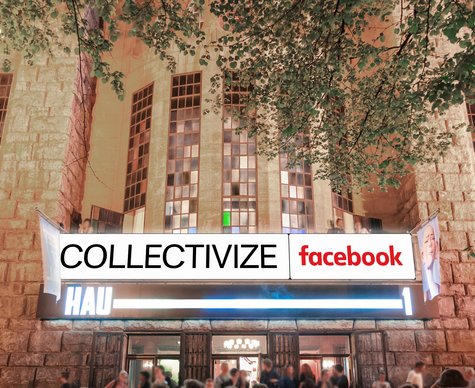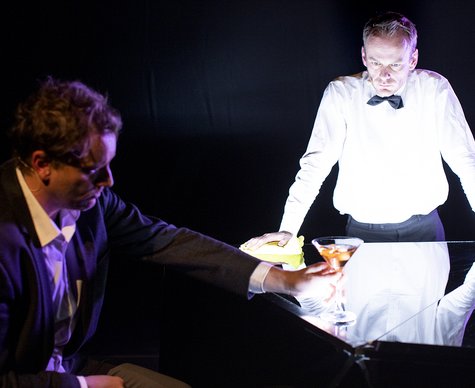Christine Cynn, Rabih Mroué and Volker Pantenburg present their own productions and clips from films, speaking with Rimini Protokoll about the representability of violence.
Films by Harun Farocki 18.12. / 18:00 / HAU1 / Admission free
War at a Distance
(Erkennen und Verfolgen)
Harun Farocki
Documentary
D 2003, DigiBeta, col., 58 min.
German with subtitles in English
In 1991, when images of the Gulf War flooded the international media, it was virtually impossible to distinguish between real pictures and those generated on computer. This loss of bearings was to change forever our way of deciphering what we see. The image is no longer used only as testimony, but also as an indispensable link in a process of production and destruction. This is the central premise of "War at a Distance", which continues the deconstruction of claims to visual objectivity Harun Farocki developed in his earlier work. With the help of archival and original material, Farocki sets out in effect to define the relationship between military strategy and industrial production and sheds light on how the technology of war finds applications in everyday life. (Antje Ehmann)
Counter-Music
Harun Farocki
2-channel video-installation, D 2004, 23 min., color
director, scriptwriter: Harun Farocki
The city today is as rationalized and regulated as a production process. The images which today determine the day of the city are operative images, control images. Representations of traffic regulation, by car, train or metro, representations determining the height at which mobile phone network transmitters are fixed, and where the holes in the networks are. Images from thermo-cameras to discover heat loss from buildings. And digital models of the city, portrayed with fewer shapes of buildings or roofs than were used in the 19th century when planned industrial cities arose, amongst them the Lille agglomeration. Despite their boulevards, promenades, market places,arcades and churches, these cities are already machines for living and working. I too
want to "remake" the city films, but with different images. Limited time and means themselves demand concentration on just a few, archetypal chapters. Fragments, or preliminary studies. (Harun Farocki)
collaboration, research, production, sound: Matthias Rajmann
cinematographer: Ingo Kratisch
editor: Max Reimann
production: Le Fresnoy, Tourcoing
curator: Pascale Pronnier
executive producer: Olivier Rignault, Harun Farocki Filmproduktion,
pour Lille - Capitale Européenne de la Culture 2004, Délégation aux Arts Platiques,Fonds Image / Mouvement Centre National de la Cinèmatographie, Fonds DICREAM
Dates
Credits
Presented in the context of House on Fire with support of the Culture Programme of the European Union.
Location
HAU1
Stresemannstr. 29, 10963 BerlinThere are two marked parking spots in front of the building. Access to the Parkett by means of a separate entrance with lift when necessary. Barrier-free restroom facilities are available. Tickets for wheelchair users and accompanying persons can be booked via the ticketing system. If you need any help, please contact our Ticketing & Service team at +49 (0)30 259004-27 or send us an email at
tickets@hebbel-am-ufer.de.





















